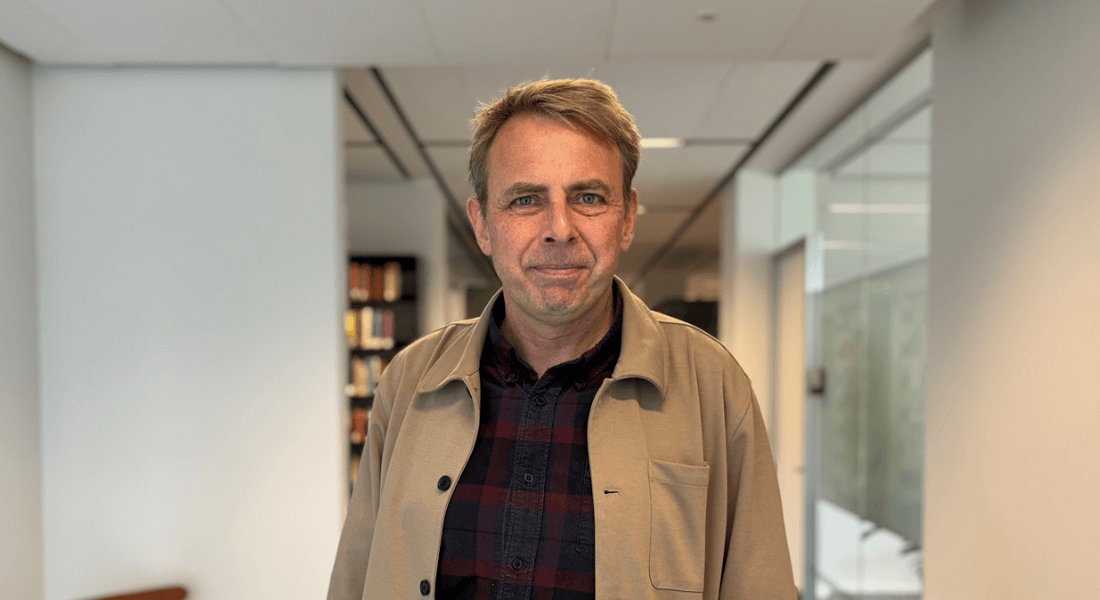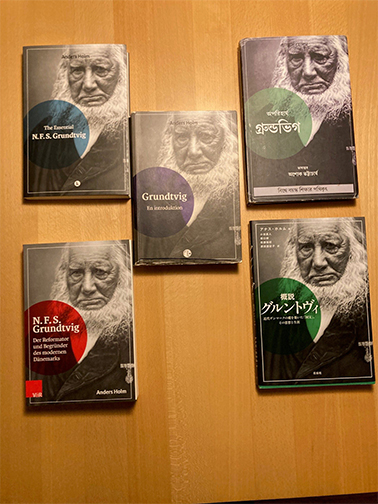Writing with the Dead: New project sheds light on Grundtvig’s use of historical sources
How did N.F.S. Grundtvig draw on voices from the past to shape his ideas? A new research project, led by Associate Professor Anders Holm from the Faculty of Theology at the University of Copenhagen, will explore how the Danish author, theologian and poet can be understood as part of a broader international tradition – far beyond Denmark’s borders.

The project, funded by the Velux Foundation, examines how Grundtvig worked with historical sources – and how his engagement with the past helped shape his thinking. The aim is to reassess Grundtvig’s place in international intellectual history and to show how his ideas emerged from – and contributed to – a wider European tradition.
“What we are increasingly discovering is that Grundtvig was not just a unique plant that suddenly sprouted from Danish soil, as we have perhaps tended to portray him. He is certainly an original thinker – and a wild one – but at the same time, Grundtvig would be inconceivable without the long European intellectual tradition he drew upon, a tradition he knew like few others,” says Anders Holm.
Writing with the Dead
The project bears the title Writing with the Dead – a phrase that points directly to the researchers’ thesis: that Grundtvig’s thinking and writing were in constant dialogue with voices from the past.
“I would argue that this forthcoming study touches the very nerve of what made Grundtvig Grundtvig: his writing with the dead,” explains Anders Holm, and continues:
“He used the dead – that is, the sources – as the very material or fuel for his work. In this process, he debated with them, contradicted them, translated them, reimagined them, politicised them and allowed himself to be taught by them. It is this engagement with the past and its significance for the formation of his ideas that we aim to investigate.”
Digital access to Grundtvig’s handwritten universe
A key element of the project is the use of a new research infrastructure that makes it possible to access Grundtvig’s extensive archive far more efficiently than before.
Through the digitisation and transcription of more than 80,000 handwritten pages by Grundtvig, researchers gain unprecedented insight into his working methods, textual development and use of sources.
Over the coming years, the material will also be made publicly available on the platform Grundtvig’s Manuscripts Online, which collects, structures and makes Grundtvig’s notes and manuscripts searchable for both researchers and other interested parties.

Grundtvig in an international context
The project adds to a growing international interest in Grundtvig. Anders Holm has recently published an introduction to Grundtvig in German. The same book has already been translated into English, Bengali and Japanese, with editions in Arabic, Korean and Chinese underway.
The publication presents Grundtvig’s ideas and significance to an international audience and – like the new research project – helps position him in a global context.
